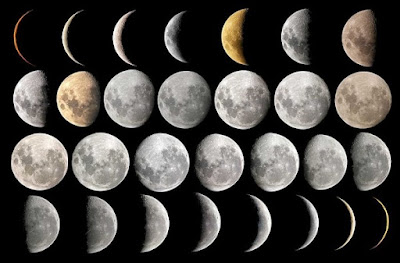In Edison [NJ], thousands of immigrant workers toil in hundreds of warehouses, sorting millions of boxes arriving from nearby ports before being sent by trucks across the United States. But this summer has delivered something else. Immigration raids a few weeks apart at two warehouses have unsettled the daily rhythms of this busy corridor, where Amazon, FedEx and UPS have a large presence. The second raid happened Wednesday, [August 20] and resulted in the arrests of 29 workers, among the largest sweeps in the region since President Trump took office. Warehouses have been left short-staffed and behind schedule as detained workers were sent to immigration jails and others stopped showing up. —The New York Times, August 22, 2025
Oh, those winter mornings,
that fresh brisk air,
you go for a walk, spot a deer,
forget to look at the path,
and down you go—black ice.
Yes, black ice, its face invisible,
not like real ice, like white ice,
in sweet slushies soothing a hot day,
or like crackling ice dropped
into an evening cocktail.
Yes, black ice, its every feature
disguised so you cannot not see danger.
Like tinted car windows to hide
the dark man in handcuffs taken by
Black ICE, this working man
taken from his family, from his work.
Black ICE seizing this man,
counting on a bonus award,
adding to the number
for the White House
Black ICE tally.
Black ICE in black masks,
Black ICE with tinted windows
Black ICE in unmarked vans
Black ICE with no warrants
Black ICE taking husbands,
mothers, fiancés, wives,
Black ICE taking dark men
who pay taxes, who love,
who have children
to Black ICE cages,
to who knows where
to crowded Black ICE jails.
And yes that young deer you saw
before you slipped on black ice
danced on its ballet hoofs
into bushes, into hiding,
hiding from you,
like a neighbor, like a friend,
hiding from Black ICE.
See Lavinia Kumar’s three food stories in Issue Five of Ruby Literary Press, The Monsoon Rain winning a 2024 Pushcart nomination.















